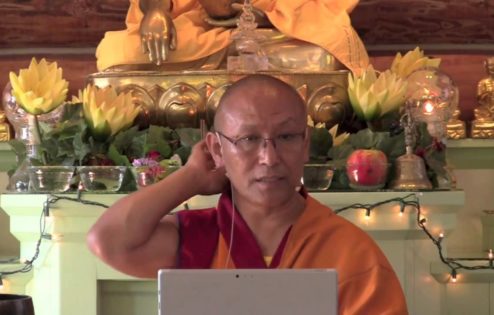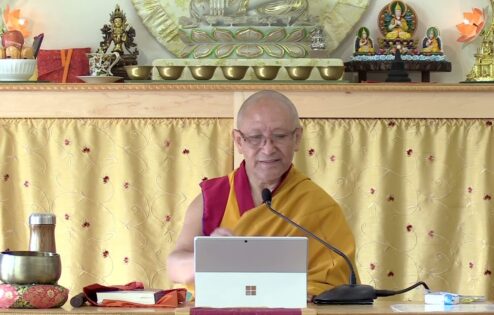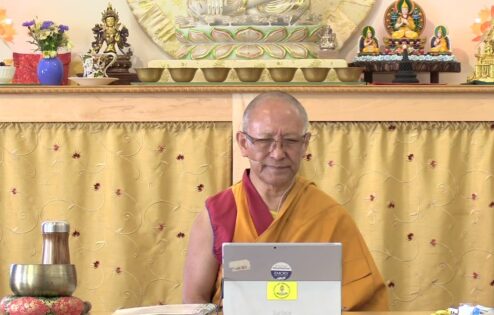Geshe Tenzin Chodrak (Dadul Namgyal)
Geshe Tenzin Chodrak (Dadul Namgyal) is a prominent scholar who earned a Geshe Lharampa degree in Buddhism and Philosophy from Drepung Monastic University in 1992. He also holds a Master’s degree in English Literature from Panjab University in Chandigarh, India. Author of several books on Buddhism, Geshe Tenzin Chodrak was also professor of Philosophy at Central Institute of Higher Tibetan Studies in Varanasi, India for seven years. In addition, he has been the Spiritual Director of Losel Shedrup Ling Tibetan Buddhist Center, Knoxville, USA. Due to his facility in both Tibetan and English, he is interpreter and speaker for numerous conferences exploring the interface of Buddhism with modern science, Western philosophy, and psychology and other religious traditions on both a national and international level. Geshela’s language ability has also enabled him to serve as an auxiliary language translator for His Holiness and Dalai Lama throughout the world. As a published author and translator, Geshela’s credits include a Tibetan translation of His Holiness the Dalai Lama’s Power of Compassion, a language manual, Learn English through Tibetan, and a critical work on Tsongkhapa’s Speech of Gold. Geshela lived and worked at Drepung Loseling Monastery in Atlanta, Georgia, where he prepared a six-year curriculum in Modern Science to be used in Tibetan monasteries and nunneries. Geshe Tenzin Chodrak is also on the Sravasti Abbey Advisory Board.
Featured Series

Madhyamaka through Metaphors with Geshe Tenzin Chodrak (Dadul Namgyal) (2015-17)
Teachings by Geshe Tenzin Chodrak (Damdul Namgyal) on Middle Way philosophy given at Sravasti Abbey.
View Series
Practicing the Six Perfections with Geshe Geshe Tenzin Chodrak (Damdul Namgyal) (2018)
Geshe Tenzin Chodrak (Damdul Namgyal) teaches on the six perfections of generosity, ethical conduct, fortitude, joyous effort, concentration, and wisdom at Sravasti Abbey.
View Series
Tenets with Geshe Tenzin Chodrak (Dadul Namgyal) (2020)
Teachings on Buddhist tenet systems by Geshe Tenzin Chodrak (Dadul Namgyal) given at Sravasti Abbey in 2020, with reviews by Venerables Thubten Chodron and Sangye Khadro.
View Series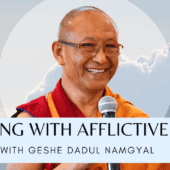
Working With Afflictive Minds with Geshe Tenzin Chodrak (Dadul Namgyal)
A series of weekend teachings on how to identify and overcome the afflictions given at Sravasti Abbey from June to August 2023.
View SeriesFeatured Posts
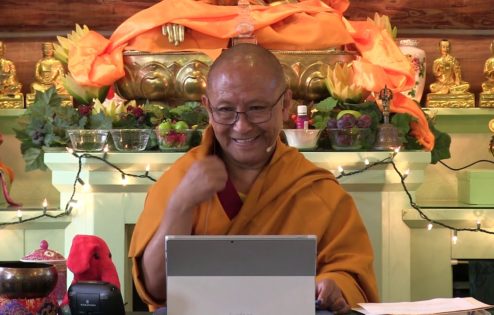
Why is bodhicitta so powerful?
How bodhicitta encapsulates numerous agents of transformation ...
View Post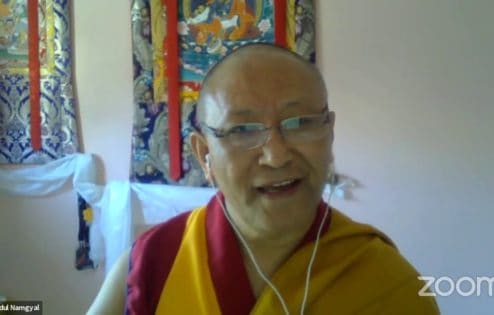
Buddhist tenet systems: What is the person?
The tenet system as a ladder of philosophical maturation. How ...
View PostView Posts
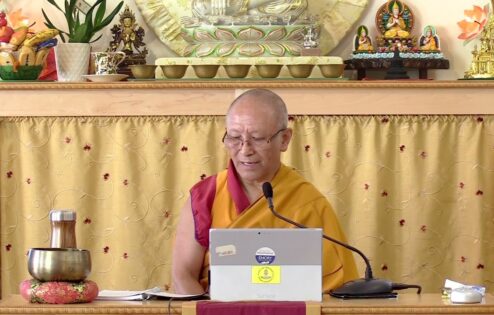
Illusion or illusion like
The difference between being an actual illusion, and illusion-like.
View Post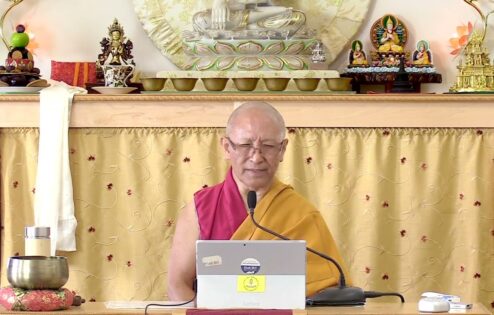
Debating impermanence
Commentary to verses 6-8 of Chapter 9, "Wisdom," of Shantideva's "Engaging in the Bodhisattva's Deeds."
View Post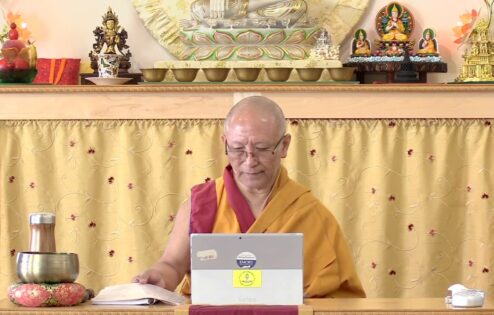
Conventional consciousness
What is negated by ultimate analysis and the role of conventional consciousness.
View Post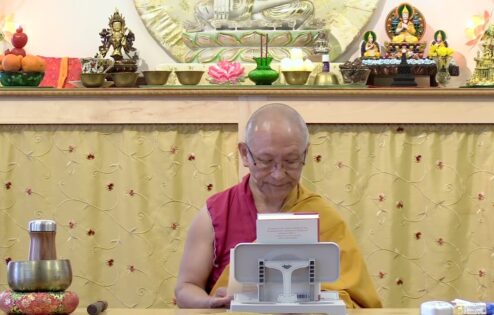
Review of Buddha nature
Explaining Buddha Nature according to different tenet systems, reviewing the sections “Arya Disposition according to…
View Post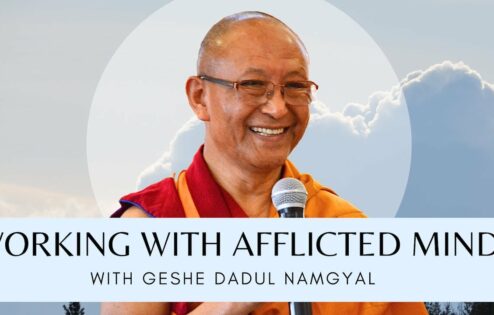
How afflictions manifest
How afflictions are generated and why we need equanimity to combat them.
View Post
Twenty secondary afflictions
A teaching on the twenty secondary afflictions and applying antidotes.
View Post
How the afflictions harm us
Definition of an affliction, how to identify them, and the ten root afflictions, with detail…
View Post
Quotes about the afflictions
The entire Buddhist path mapped onto combating the afflictions with quotes from various Dharma teachers…
View Post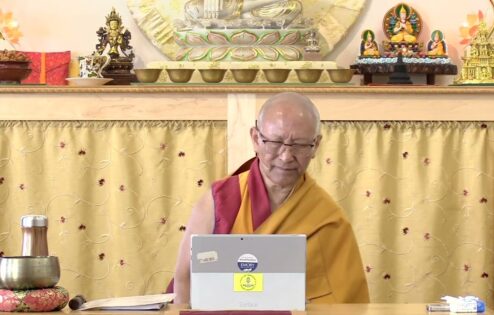
Selflessness of phenomena
Explanation of the view of the selflessness of phenomena in the Buddhist tenet schools.
View Post